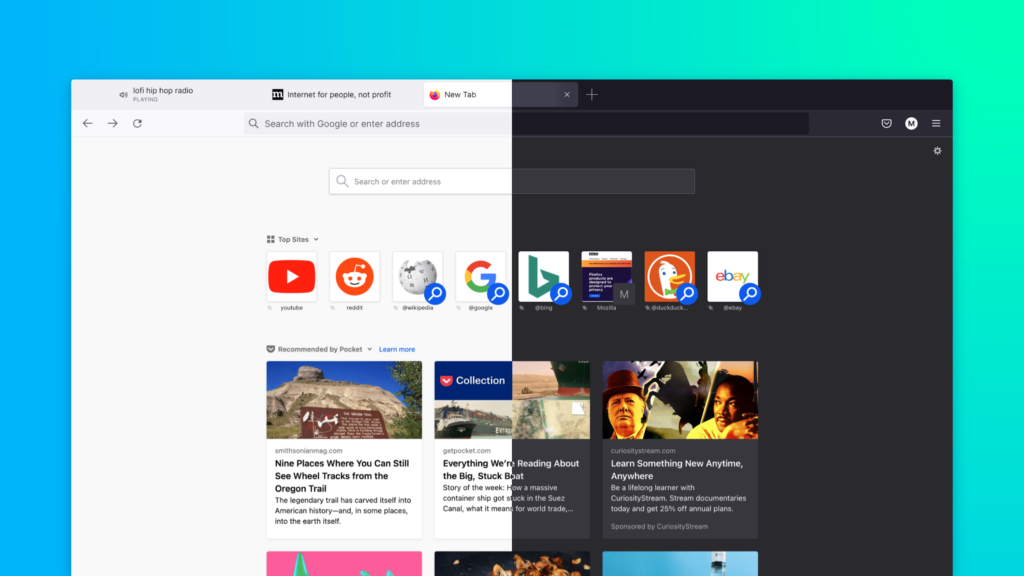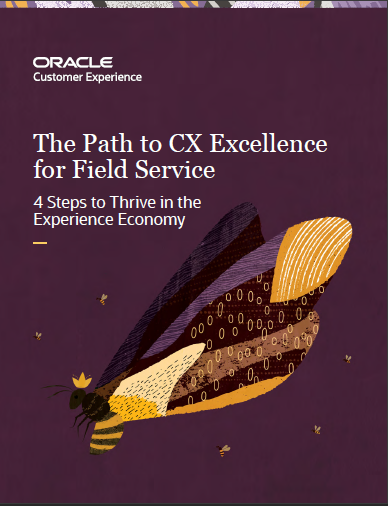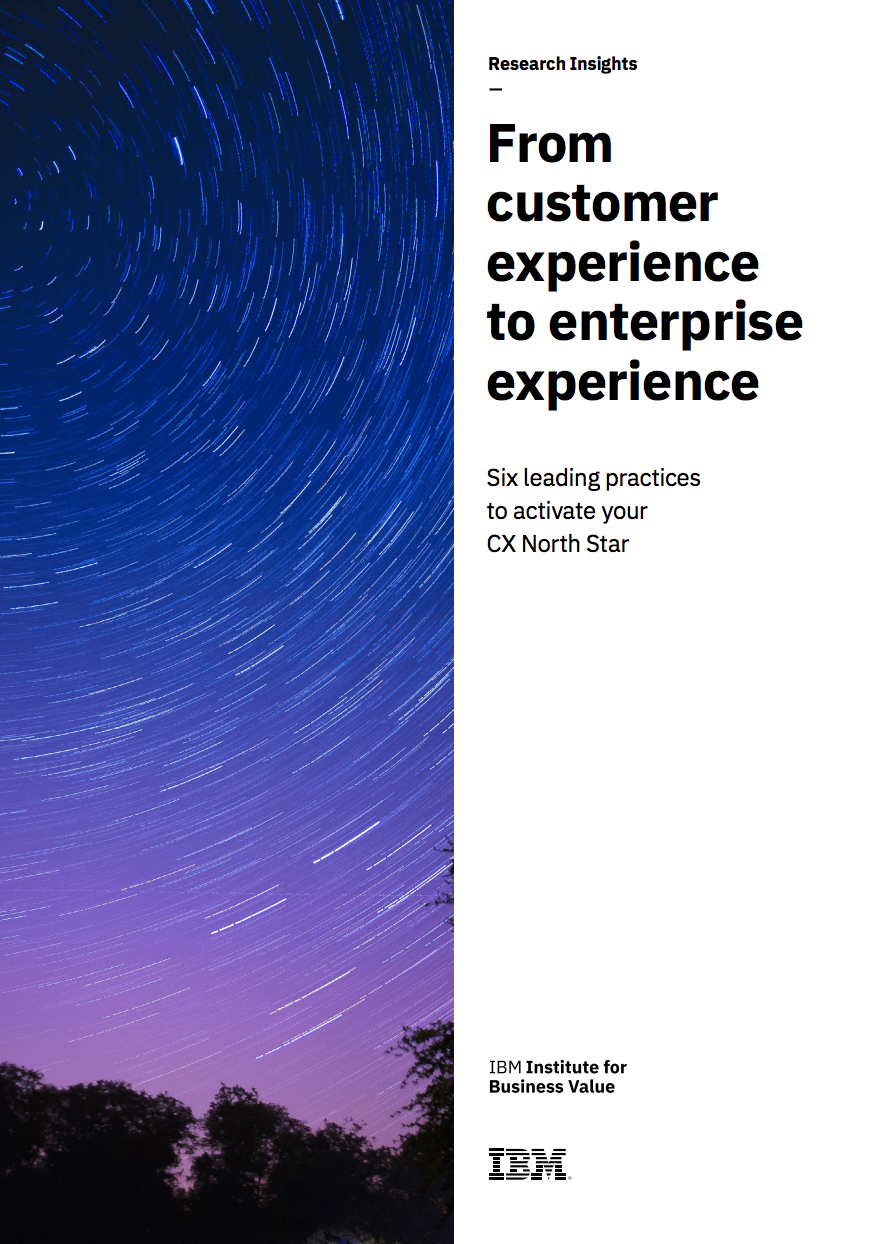Disconnected experiences put customer loyalty at risk
Personalising an experience across channels is key to building loyalty


Businesses are at risk of losing customers by not offering the levels of personalisation they expect, according to research.
What's more, companies are failing to make the experience across channels seamless, which is also putting customers off, the research published by MuleSoft found.
The study suggests 63% of people would consider switching their insurance provider because their experience is not good enough, while 61% of consumers have thought about using alternative retailers.
"Today's consumer expects a fully connected and highly personalised experience, but it is clear that organisations across the private and public sectors are falling short," said Ian Fairclough, vice president of services at MuleSoft in Europe, the Middle East and Africa (EMEA).
"As the figures in the Connected Consumer Report show, siloed data and systems can have a negative impact on customer loyalty. Even more concerning are the delays in patient care and the subsequent impact on citizen health."
The companies asked more than 2,000 people about their experiences with banking, insurance, retail and public services and less than half said they had experienced personalisation somewhere along their journey.
One of the biggest frustrations highlighted in the report was having to enter personal data repeatedly, despite them knowing the company already holds the required information. Another problem for consumers was businesses responding slowly to requests for information.
Get the ITPro daily newsletter
Sign up today and you will receive a free copy of our Future Focus 2025 report - the leading guidance on AI, cybersecurity and other IT challenges as per 700+ senior executives
"Businesses across every industry need to prioritise connecting applications, data and devices, enabling customer loyalty to pervade every aspect of a business and provide a seamless experience for their customers. For businesses that don't, they risk consumers disconnecting from them," Fairclough added.
MuleSoft's research revealed that businesses can turn this around by using the data they have and sharing information with third parties if it improved the customer experience. Nearly a third of respondents would be happy to switch their banking to Amazon, Apple, Facebook or Google f they offered such services, because they see those companies personalise experiences better than finance specialists.
"No organisation is immune from digital disruption, whether it is high street banks competing against innovative fintechs or bricks-and-mortar retailers trying to regain market share from Amazon," Fairclough added.
"The challenge for many organisations is to bring multiple technologies and data together to create a cohesive and personalised customer experience. This is no small undertaking, especially for those organisations with legacy technology and processes. We're seeing our customers do this by taking an API-led approach to connectivity."

Clare is the founder of Blue Cactus Digital, a digital marketing company that helps ethical and sustainability-focused businesses grow their customer base.
Prior to becoming a marketer, Clare was a journalist, working at a range of mobile device-focused outlets including Know Your Mobile before moving into freelance life.
As a freelance writer, she drew on her expertise in mobility to write features and guides for ITPro, as well as regularly writing news stories on a wide range of topics.
-
 Dragging your feet on Windows 11 migration? Rising infostealer threats might change that
Dragging your feet on Windows 11 migration? Rising infostealer threats might change thatNews With the clock ticking down to the Windows 10 end of life deadline in October, organizations are dragging their feet on Windows 11 migration – and leaving their devices vulnerable as a result.
By Emma Woollacott
-
 Should AI PCs be part of your next hardware refresh?
Should AI PCs be part of your next hardware refresh?AI PCs are fast becoming a business staple and a surefire way to future-proof your business
By Bobby Hellard
-
 Microsoft has been caught testing ads in the Windows 11 File Explorer
Microsoft has been caught testing ads in the Windows 11 File ExplorerNews Windows users threaten to make the switch to Linux after an Insider flagged new adverts in File Explorer
By Connor Jones
-
 Microsoft to roll out Windows 11 improvements next month
Microsoft to roll out Windows 11 improvements next monthNews Android on Windows public preview and task bar enhancements predate major release later in year
By Danny Bradbury
-
 Windows 11 rollout begins as industry predicts slow business uptake
Windows 11 rollout begins as industry predicts slow business uptakeNews Microsoft's long-awaited OS refresh is here, but analysts expect many will wait until next year to upgrade
By Sabina Weston
-
 Mozilla modernises Firefox UI with design overhaul, privacy protections
Mozilla modernises Firefox UI with design overhaul, privacy protectionsNews Developers claim the refreshed browser is cleaner, more intuitive, and responsive to users' browsing habits
By Keumars Afifi-Sabet
-
 The path to CX excellence
The path to CX excellenceWhitepaper Four stages to thrive in the experience economy
By ITPro
-
 Microsoft hints at “sweeping visual rejuvenation” of Windows
Microsoft hints at “sweeping visual rejuvenation” of WindowsNews The company is also said to be working on a new Outlook app to replace the built-in Mail and Calendar apps on Windows 10
By Bobby Hellard
-
 From customer experience to enterprise experience
From customer experience to enterprise experienceWhitepaper Six leading steps to activate your CX North Star
By ITPro
-
 Take command of your computer with a command line interface
Take command of your computer with a command line interfaceIn-depth A CLI might not look as good as a GUI, but it can pack a punch
By Rene Millman